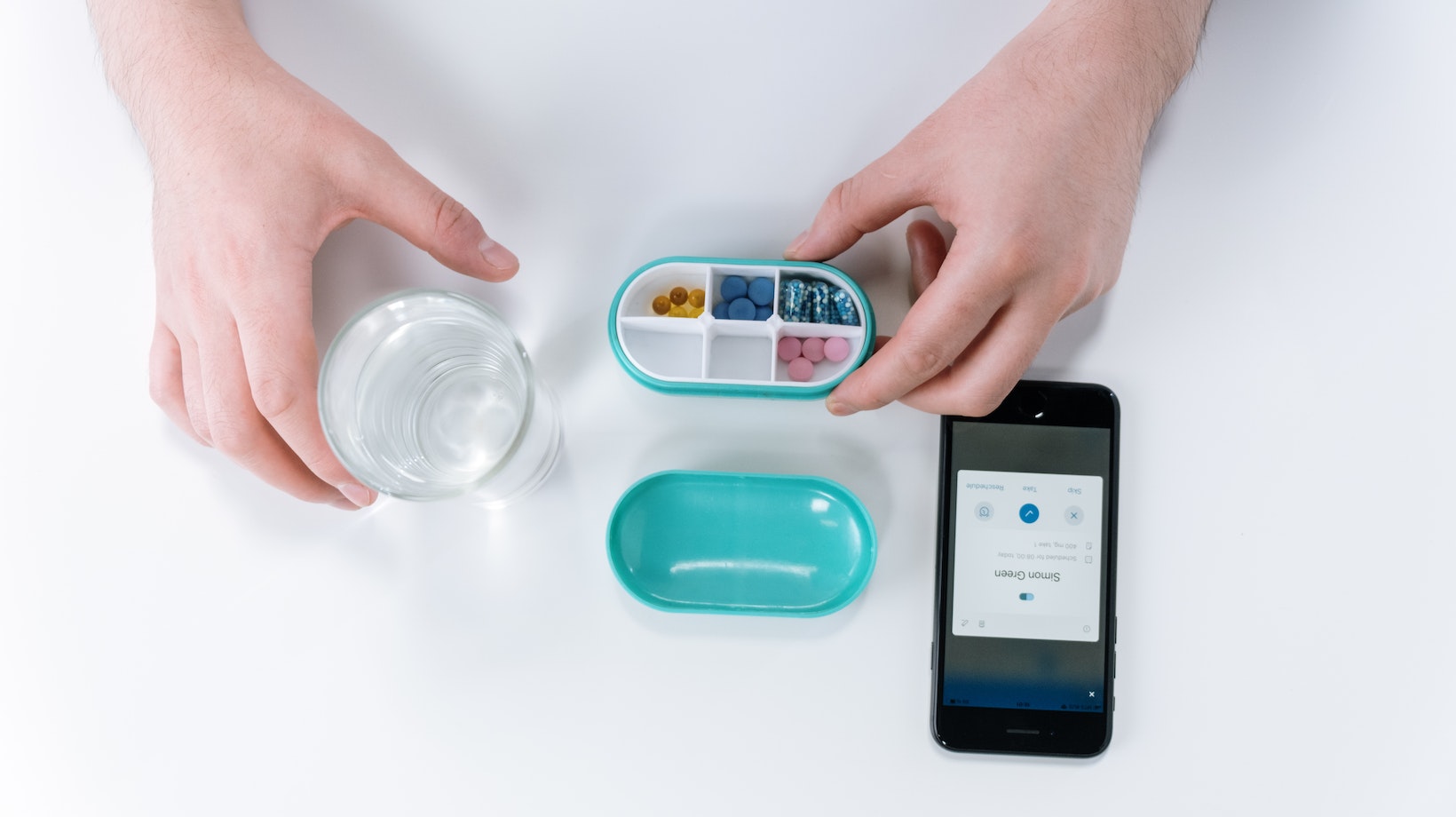
Wondering if it’s safe to take Nyquil and Benadryl together? Let me address this common concern. Nyquil and Benadryl are over-the-counter medications that serve different purposes but share some similar ingredients. While combining them may seem like a convenient solution for multiple symptoms, it’s essential to exercise caution.
Nyquil is typically used to relieve cold and flu symptoms such as congestion, coughing, and sore throat. On the other hand, Benadryl is an antihistamine primarily used for allergy relief, including itching, sneezing, and watery eyes. Both medications contain diphenhydramine as their active ingredient.
Taking Nyquil and Benadryl together can potentially increase the diphenhydramine level in your system beyond what is considered safe. Excessive amounts of diphenhydramine can lead to side effects such as drowsiness, dizziness, blurred vision, dry mouth, and constipation.
Can You Take Nyquil And Benadryl
If you’re feeling under the weather and experiencing symptoms like a runny nose or sneezing, you might consider taking Nyquil and Benadryl to find relief. But before reaching for that combination, it’s important to understand the potential risks and safety precautions.
Safety Precautions
It’s crucial to consult with your healthcare provider or pharmacist when combining medications, especially over-the-counter ones. They can provide personalized advice based on your health condition, current medications, and potential interactions.
Here are some key safety precautions to consider:
- Consult a healthcare provider: Before taking Nyquil and Benadryl, talk to your doctor or pharmacist about possible drug interactions.
- Read labels carefully: Carefully read the labels of both Nyquil and Benadryl to understand their active ingredients and dosages.
- Avoid duplication: Check if both medications contain similar active ingredients, such as antihistamines (e.g., diphenhydramine) to avoid duplicating doses.
- Follow recommended dosages: Stick to the dosages provided on each medication’s packaging or as your healthcare provider advises.
- Be aware of side effects: Understand the potential side effects of each medication individually and any possible interactions between them.
Tips For Taking Nyquil And Benadryl Together
If you’ve received approval from a healthcare professional to take Nyquil and Benadryl together, here are some tips to follow:
- Space out the doses: To minimize the risk of adverse effects or drug interactions, consider spacing out the doses of Nyquil and Benadryl rather than taking them simultaneously.
- Follow dosage instructions: Adhere strictly to the recommended dosage instructions provided by your healthcare provider or indicated on each medication’s packaging.
- Monitor your response: Pay close attention to how your body responds to the combination of Nyquil and Benadryl. If you experience any concerning symptoms or side effects, seek medical advice promptly.
- Stay hydrated: Drinking plenty of fluids can help prevent potential side effects such as dry mouth or drowsiness.
Remember, it’s essential to prioritize safety and consult a healthcare professional before combining any medications. They can provide personalized guidance based on your unique circumstances.

Understanding The Implications Of Taking Nyquil And Benadryl
- Sedation: Both Nyquil and Benadryl contain antihistamines that have sedating properties. Taking these medications together can intensify their sedative effects, leading to excessive drowsiness, impaired coordination, and decreased alertness. Engaging in activities that require mental focus or physical coordination, such as driving or operating heavy machinery, should be avoided when combining these medications.
- Central Nervous System Depression: Combining Nyquil and Benadryl increases the risk of central nervous system depression due to the cumulative effect of their active ingredients. In severe cases, this can result in slowed breathing, lowered heart rate, confusion, dizziness, and even coma. If you experience these symptoms after taking both medications, seek immediate medical attention.
- Drug Interactions: Nyquil contains various ingredients besides antihistamines, such as acetaminophen for pain relief or dextromethorphan for cough suppression. When mixed with Benadryl or other drugs containing diphenhydramine (the active ingredient), there is a potential for drug interactions that may cause adverse effects on the liver or kidneys.
- Increased Side Effects: Combining Nyquil and Benadryl heightens the likelihood of experiencing side effects associated with each medication individually. These may include dry mouth, blurred vision, constipation, urinary retention, increased heart rate (tachycardia), or changes in blood pressure levels.
It is crucial to consult with a healthcare professional or pharmacist before considering the simultaneous use of Nyquil and Benadryl. They can provide personalized advice based on your specific circumstances and recommend alternative options that are safer and more suitable for your needs. Remember, self-medication without proper guidance can lead to unwanted consequences.










